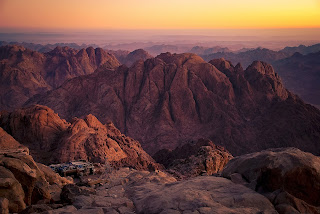Disposable People - Pesach and Slavery in the Modern World

Disposable People The Torah speaks of slavery in two ways: the Israelite slave and the Canaanite (or, really, non-Israelite) slave. The Israelite slave had many previously unheard-of protections, such as the mandated release after six years. The non-Israelite slave in the Torah was given some protections, such as not being returned to the master after escaping, but was ultimately treated similarly to any ancient slave. Moving forward through history, a thousand years or so, and the rabbis of our tradition found themselves uncomfortable with the state of the written law. And through a truly masterful legal framework, they gave all slaves the protections of the Israelite slave. Another thousand years, more than a thousand years, and the question of abolition of slavery came to be. Some rabbis saw the trajectory of our narrative, with its reminder that we were once slaves and its growth of protections around the enslaved person, and became abolitionists. I’m sorry to say...







